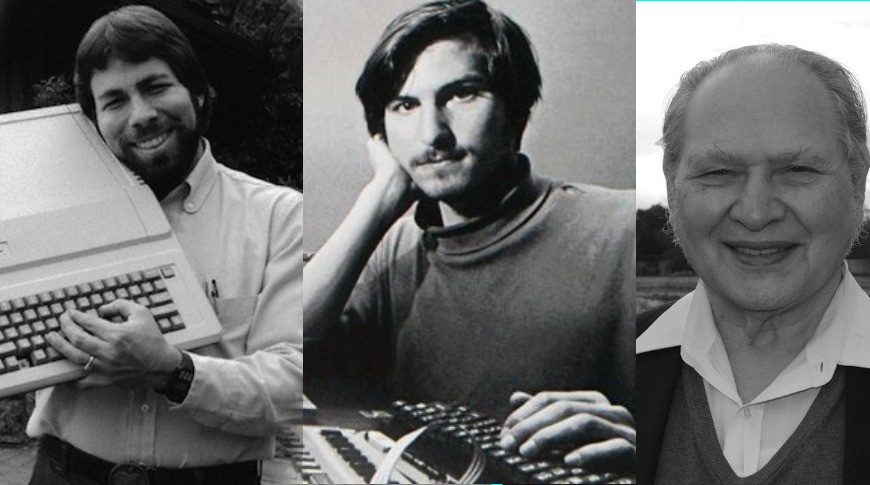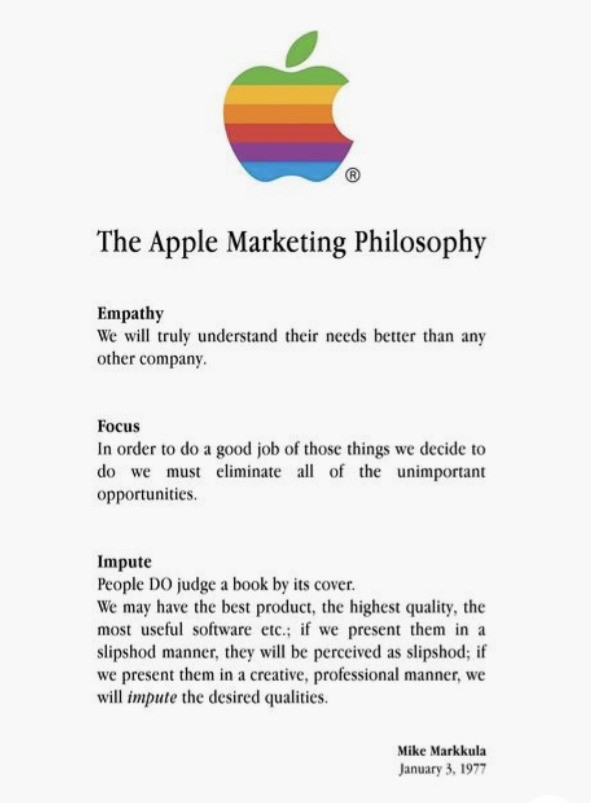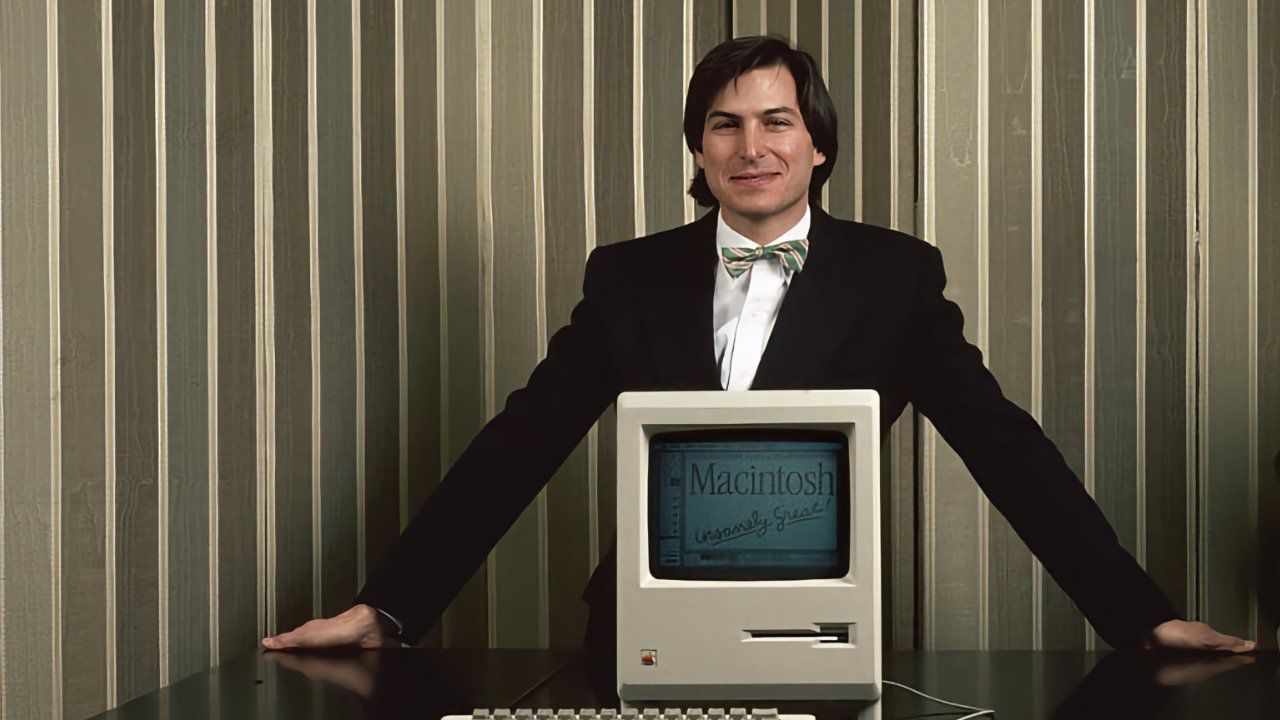The computer market would be completely different if Apple had not been founded 48 years ago.
Apple was founded in 1976 and after 45 years, the company has become a "giant" corporation. The important early decisions of Steve Jobs, Steve Wozniak, etc., are still valid today.
Tim Cook marked Apple's 45th anniversary with a tweet on social media network X, remembering his friend and colleague, co-founder Steve Jobs.
Former Apple CEO - Steve Jobs.
Tim Cook joined Apple in 1998, where he spent time studying how the company ran its manufacturing and distribution operations. At the time, the company was just 22 years old and on the verge of a revival with the return of Steve Jobs.
The Apple Story
Back in the 1970s, a trillion-dollar multinational company was founded in a garage.
However, starting a company was not an obvious move. In the mid-1970s, Steve Wozniak had designs for the Apple I computer, and Steve Jobs figured out how to sell them. Woz would give them away to anyone who was interested, and Jobs would not. At the time, neither founder had a commercial product.
Instead, they sold their ideas to existing or former companies. For example, Woz was an engineer at Hewlett-Packard and managed to convince senior engineers to review his designs so that HP could buy them.

3 founders of Apple.
The two co-founders realized that Apple computers were not only viable, but could also be produced cheaply.
Steve Jobs' old company Atari was like that. He tried to get Atari interested in the Apple II but was rejected. Luckily, Atari engineer Al Alcorn put Jobs in touch with venture capitalists and the path to founding the company was begun.
Apple was officially founded by three founders: Steve Wozniak, Steve Jobs, and another Atari engineer, Ron Wayne. He designed the original Apple logo but left before the company became successful.
The three men officially founded Apple on April 1, 1976, and Ron Wayne resigned just 12 days later. He was offered 10% of Apple's shares, but Steve Jobs bought them back for $800.
Under former CEO Markkula, Apple officially bought out all three original partners for a total of $5,308.96. For legal reasons, Wayne received one-third of that money even though he left.

Apple's marketing philosophy is quite simple.
Many experts believe that, given Apple’s overwhelming success, Ron Wayne’s departure was a mistake. But at that time, this man could have left a company with an uncertain future. Among the countless times he was asked about his departure, in 2013, Ron Wayne declared that he had no regrets at all.
He shared:
“I consider myself incredibly fortunate to have been at a turning point in history, and the founding of Apple was a turning point, even though no one knew it at the time.”
Apple's first success
After Ron Wayne left in 2013 and before Markkula turned the company into a full-fledged company, Apple had its first success. Apple produced 50 Apple-I computers without any money and sold them all in one day before it had to pay its suppliers.
Today, Apple has a very good handle on its supply chain, but even in 1976, it was learning the benefits of finance.
Steve Jobs worked with Paul Terrell, who was running the Byte Shop - a very successful business at the time. While Jobs wanted to sell motherboards and kits for hobbyists to build their own computers, Terrell wanted to sell assembled devices.
In 1977, Apple was given a financial and supply chain overhaul when former Intel employee Markkula joined. In addition to reorganizing the business, he also set the company's philosophy.
The philosophy Markkula wrote was clear and the company has been incredibly consistent in executing it.
Steve Jobs once explained to biographer Walter Isaacson that Markkula’s view was that making money was not the goal. If money was the first thing a company thought of, it would struggle. Whereas if you create “something you believe in” and you also focus on “building a company that lasts,” the money will follow.
Markkula's "Apple Marketing Philosophy" was simple and deliberate. The one-page document, written on January 3, 1977, contained only two brief directives: understand customer needs and focus on a few specific products rather than spreading yourself thin.
Nowadays, Apple not only introduces its products in a smart way, but also designs its packaging very carefully. This year is even more special when "Apple House" commits to eliminating all plastic packaging by the end of the year.


